1.4301 Austenite Stainless Steel
What is 1.4301?
Grade 1.4301 is the German equivalent grade of 304 type stainless steel. It is an austenite grade that is able to be deep drawn. Therefore it is widely used in drawing application such as sinks or pans. It is the most commonly stainless steel, and was known in older times as 18/8 stainless steel.
What is DIN EN 10088? 1.4301 is also identified in the standard EN 10088. The scope of the standard covers specifications for bars, rods, wire, sections, semi-finished products and bright products of corrosion resistance.
Why 1.4301 called AISI 304 Steel? 304 austenite stainless steel is the American equivalent of grade 1.4301, and is the reason why there two terms are interchangeably used.
Available Forms in Market: Following are the available forms of 1.4301 steels in the global market:
- Flat bars
- Blocks
- Hexagon bar
- Rebar
- Wire
- Tube and pipe
- Plates
- Round bars
- Square bars
- Sheets
Dimensional Characteristics of 1.4301 Steels: The applicable thickness for this 1.4301 material as obtained by online statistics in the market starts from 1 mm to 120 mm depending upon the final shape and the type of processes. However the width of this material varies and it is available in 10 mm to 80 mm. As it is available in different forms, dimensional aspects should be confirmed from traders, manufacturers and dealers. Steel round bars are available from 1 to 120 mm diameter.
The Indicative Chemical Composition of 1.4301 Steels: The chemical composition of this grade is indicated as under:
- Maximum percentage of Carbon (C) is 0.07 percent.
- Maximum percentage of Manganese (Mn) is 2.0 percent
- Minimum percentage of Chromium (Cr) is 17.5 percent and maximum percentage of Chromium is 19.50 percent.
- Maximum percentage of Silicon (Si) is 1.00 percent.
- Maximum percentage of Phosphorous (P) is 0.05 percent.
- Maximum percentage of Sulphur (S) is 03 percent
- Range of Nickel (Ni) percentage is from 8.0 to 10.5 percent.
- Nitrogen (N) impurities are about 0.11 percent.
Remaining is iron (Fe) percentage and with few negligible impurities.
Mechanical Properties of 1.4301 Steels: Following are some of the mechanical properties of 18/8 material:
- The yield strength of the subject steel is expressed in Newton per millimeters and it must be at-least 235 N/mm2 (MPa).
- The elongation property of 1.4301 steel varies with the heat treatment process and thickness but it is indicated typically 40%.
- Tensile strength range is around 530 N/mm2 to 730 N/mm2.
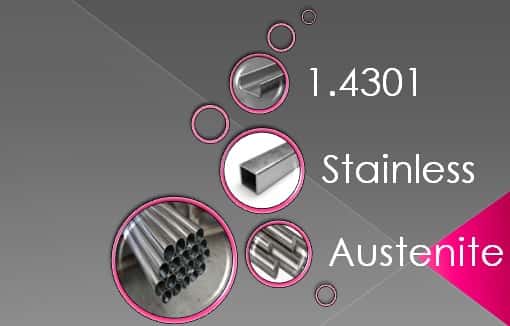
Different forms
Equivalent Material Grades in Other International Standards: Read more about the
- Equivalent grade of this type in US is 304 stainless steel.
- In UNS designation, the corresponding material is referred as UNS S30400.
- In AFNOR standard, it is referred as Z7CN 18-09
Applications of 1.4301 Stainless Steels: Applications are as under
- Making of Heat exchangers
- Making of pipe lines
- Making of pressure vessels
- Making of valves
- Making of flanges and fittings
- Making of threaded bard
- Making of fasteners and fittings
- Making of surgical instruments
Heat Treatment Processes
Effects of Cold Forming: According to ASTM A213, the austenitic stainless steel is subjected to heat treatment to eradicate the impacts of cold forming or to make precipitated chromium carbides dissolved.
Solution Annealing: The most certain heat treatment to have both requirements is the solution anneal which is done at 1850 degree Fahrenheit to 2050 degree Fahrenheit range (equivalence to 1010 degree Celcius to 1121 degree Celcius).
Post-annealing Cooling: Cooling from the anneal temperature should be at adequtely high rates through 1500 degree Fahrenheit to800 degree Fahrenheit (816 degree Celcius to 427 degree Celcius) to pevent re-precipitation of chromium carbides.
Suppliers of 1.4301 Steel: Suppliers are also listed below:
Supplier M. Woite GmbHbearing contact number 49 (211) 29 26 00 – 00. The supplier address is Freiheitstraße 8 a · 40699 Erkrath · Germany.
Supplier Steelinox BV bearing contact number +31(0) 186 651004 .The supplier address is Einsteinstraat 9,3281 NJ Numansdorp, The Netherlands



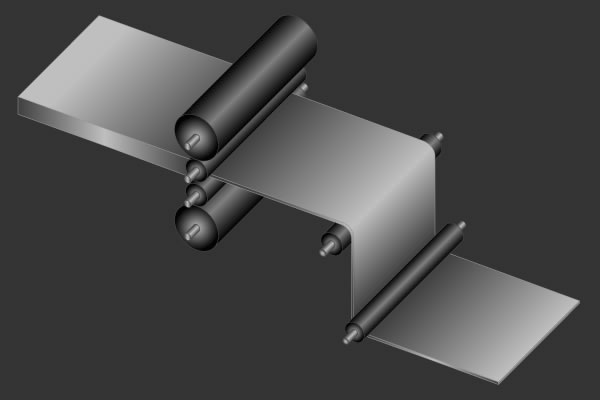
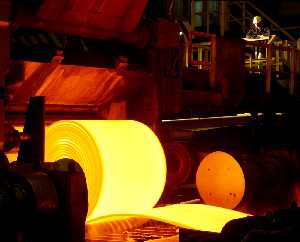

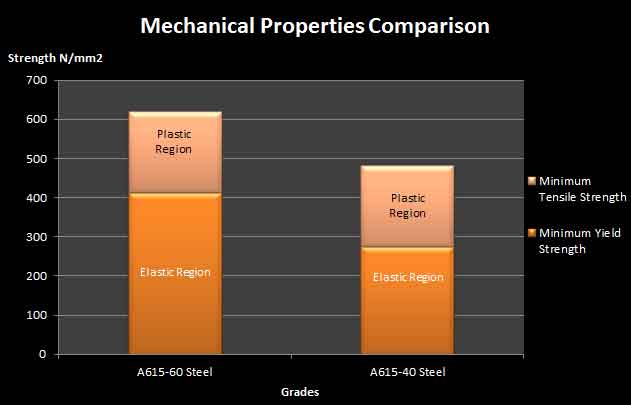
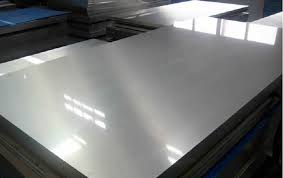
Is to thin for straight edges thats why they use it in serrated edge junk chef knives also only good thing is stainless properties not to rust on some chef knives slice dull cause it’s to thin it is eaven cheaper prices than good semi stainless and useless for as seen on tv ads chef knives also there’s no perfect steel for chef knives so chefs use what they can sharpen and why are some pocket knife companies using it ? to trick people think they have good rust proof steel but smooth edge holding is junk
Dear All,
what is Corrosion resistace of this material 1.4301 ?
Thanks